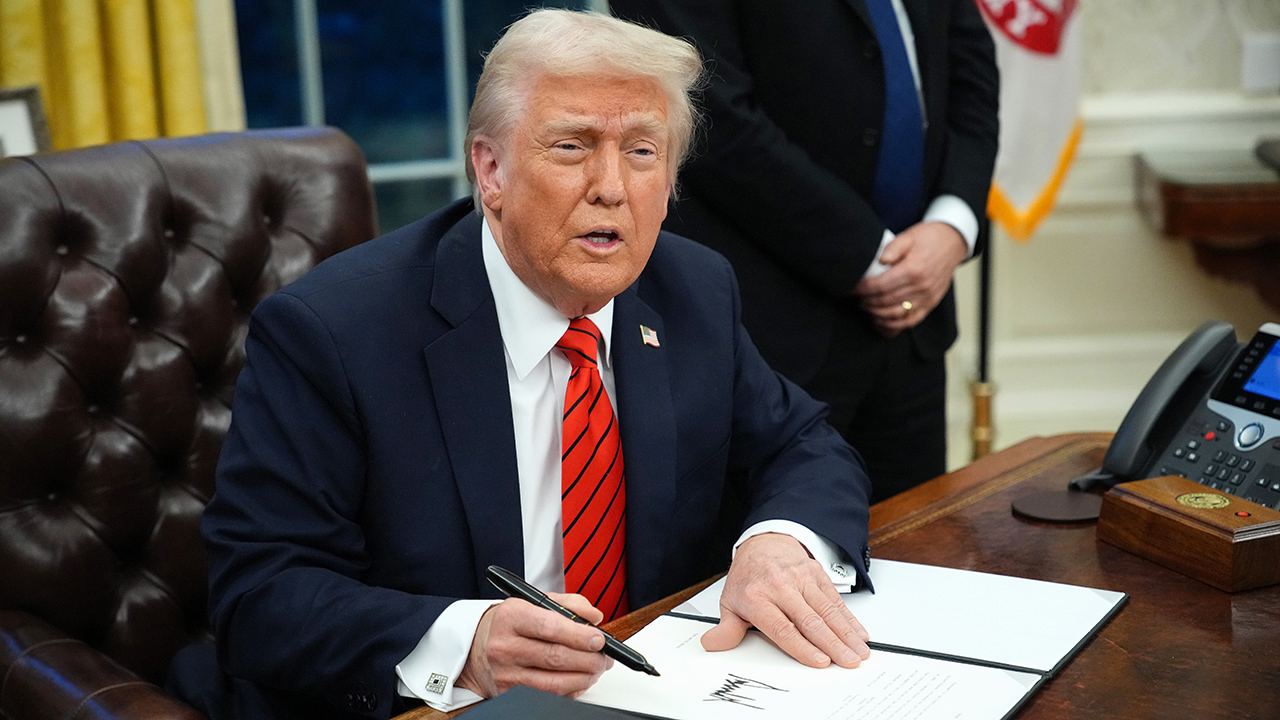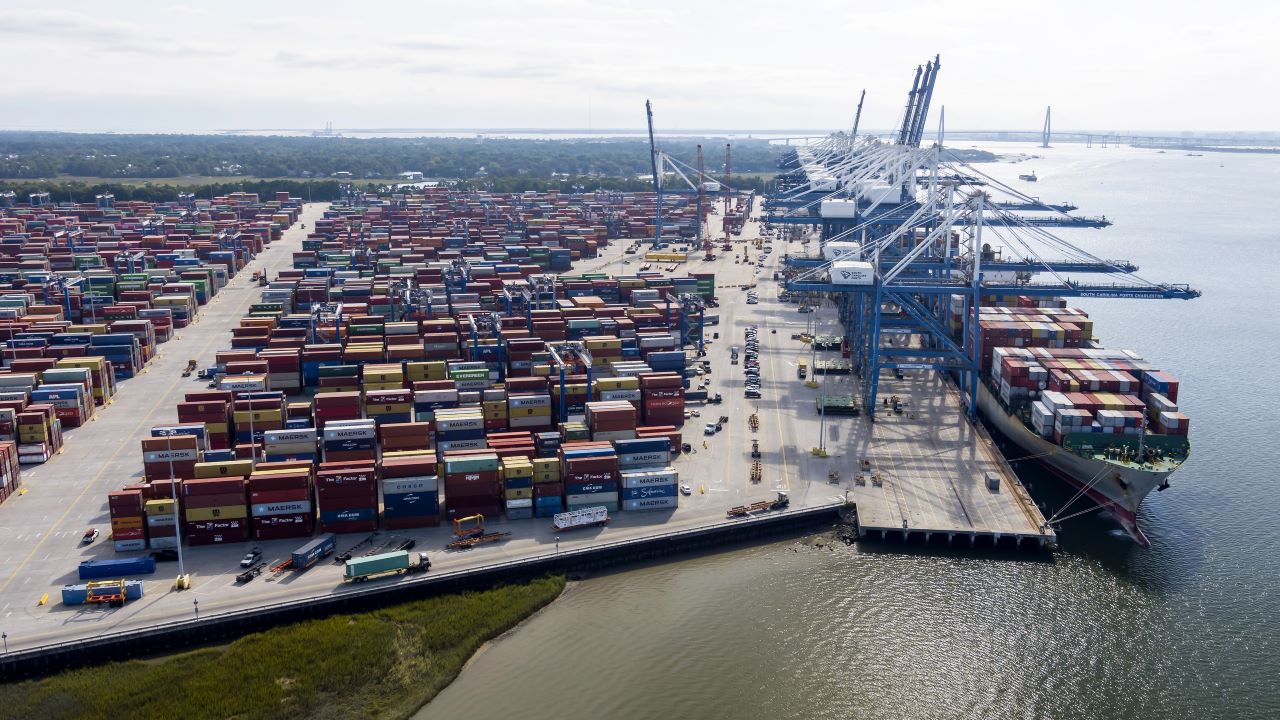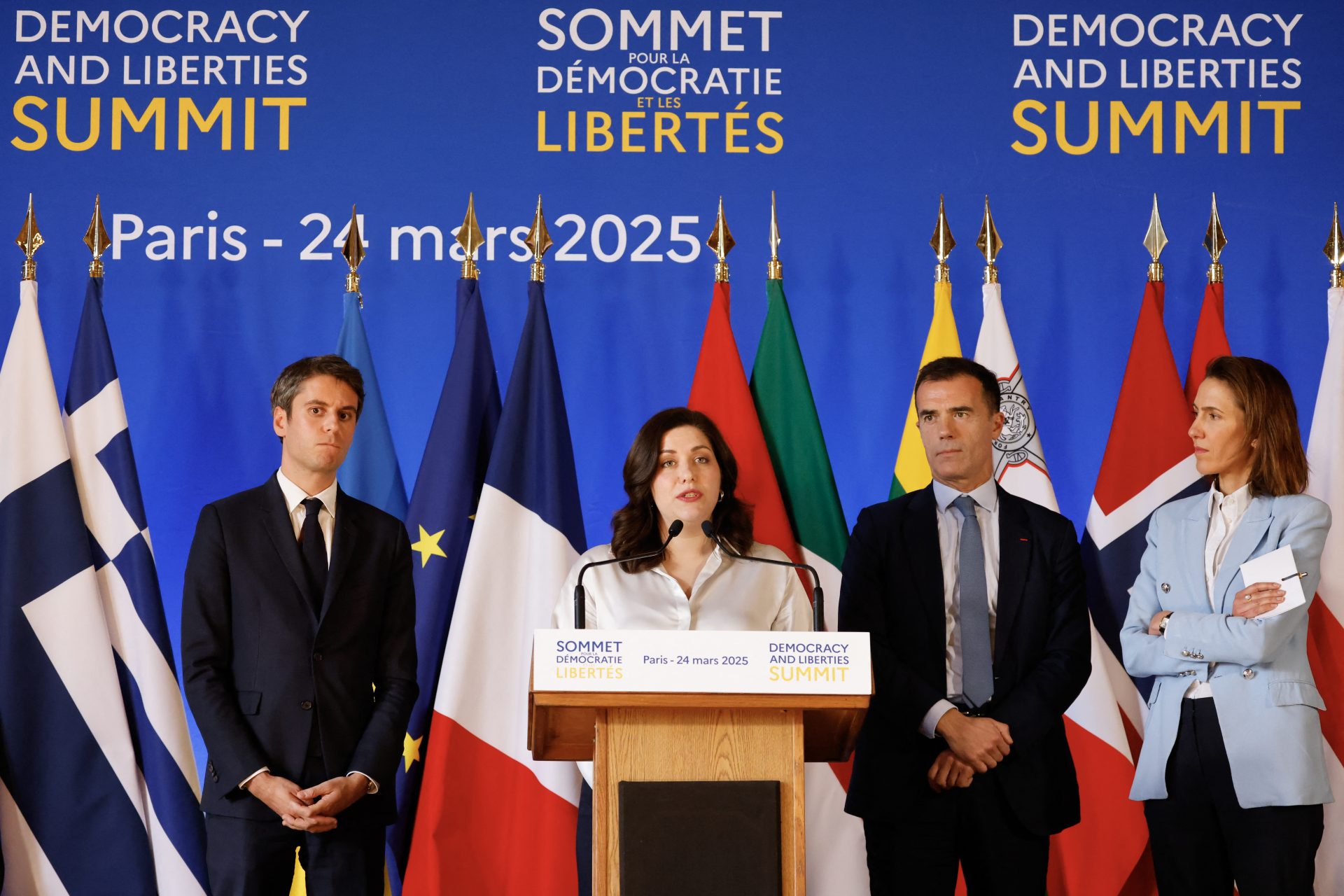The US tariffs could affect 10,000 jobs in the automotive sector in Slovakia

Bratislava – Tariffs imposed by the administration of Donald Trump could have a negative impact on approximately 10,000 employees in the automotive sector in Slovakia in the worst-case scenario. This was stated by the executive vice president of the Automotive Industry Association (ZAP) of the Slovak Republic, Pavol Prepiak, after a meeting between the Prime Minister of the Slovak Republic, Robert Fico (Smer-SD), and representatives of the automotive sector, TASR reports.
The American president imposed another set of tariffs at the end of March. The new 25 percent tariffs on all imported cars from EU countries were originally set to take effect on April 3, but the U.S. administration decided to freeze their implementation for 90 days, during which negotiations between the EU and Washington are taking place, with Brussels seeking to avert these tariffs.
“The extreme impact could be in the automotive industry affecting up to 10,000 employees,” said Prepiak. According to him, the impact on the profits and revenues of car manufacturers in Slovakia cannot yet be estimated. “We cannot precisely assess the reaction of how car manufacturers will respond to the introduction or reduction of export volumes to the United States,” he stated.
The executive vice president of ZAP SR emphasizes the need to maintain competitiveness. According to him, wage costs are problematic in this context. The tax burden in Slovakia is, according to Prepiak, the highest among the Visegrad Group (V4) countries.
During the discussion with the Prime Minister, representatives also talked about the situation in Slovakia in connection with various consolidation packages and issues related to Slovakia’s internal competitiveness in production.
“The automotive industry has a very significant impact and reach on the entire economy of Slovakia. There are areas where we have made some progress recently, but we would expect a somewhat more dynamic shift,” Prepiak assessed. He added that during the negotiations, they openly discussed the possibility of not implementing consolidation measures only on the revenue side but also on the expenditure side. (May 5)
What's Your Reaction?
 Like
0
Like
0
 Dislike
0
Dislike
0
 Love
0
Love
0
 Funny
0
Funny
0
 Angry
0
Angry
0
 Sad
0
Sad
0
 Wow
0
Wow
0






















































.png?Expires=1838763821&Key-Pair-Id=K2ZIVPTIP2VGHC&Signature=IO0~CT3pU-TcxGc~yoZSmoQx23MZVuK-~4jSii~NKEblRmyO3el7NXPu~Rh1o23voASg7hlcHLw4kvQuDK1jssEhcjoNBBvEpZ~GGOAU6yosBhpHpeF179F~h7i6VxmsBNh9gtTutkoqY73O2YCFey~IAqSzKbBqETP1kP9cAg1916Z1YkJJs-5MliMrkZ5d7-mWGLbpHp2wGj2VlMph8XzYlL4~y1O7fB~JdIS~Rs4RMRs2x0WT1qUIpHAsf3GdwtOyAmKFSpIg8xCyNGZZ5h~13nXlmpd7uPvW8tBfttpG9pFTqcway-uch5WyfHOEfi7UlJCOWrr6fCYY5PMgSg__)






